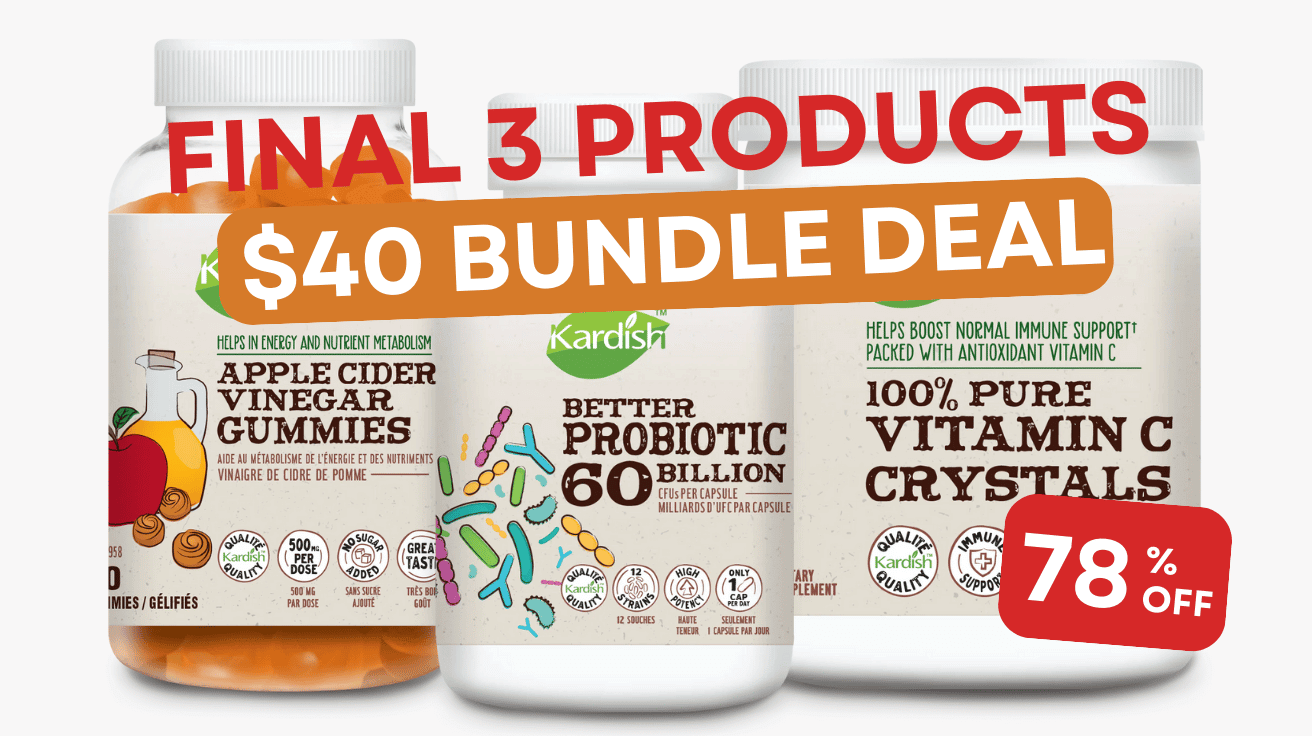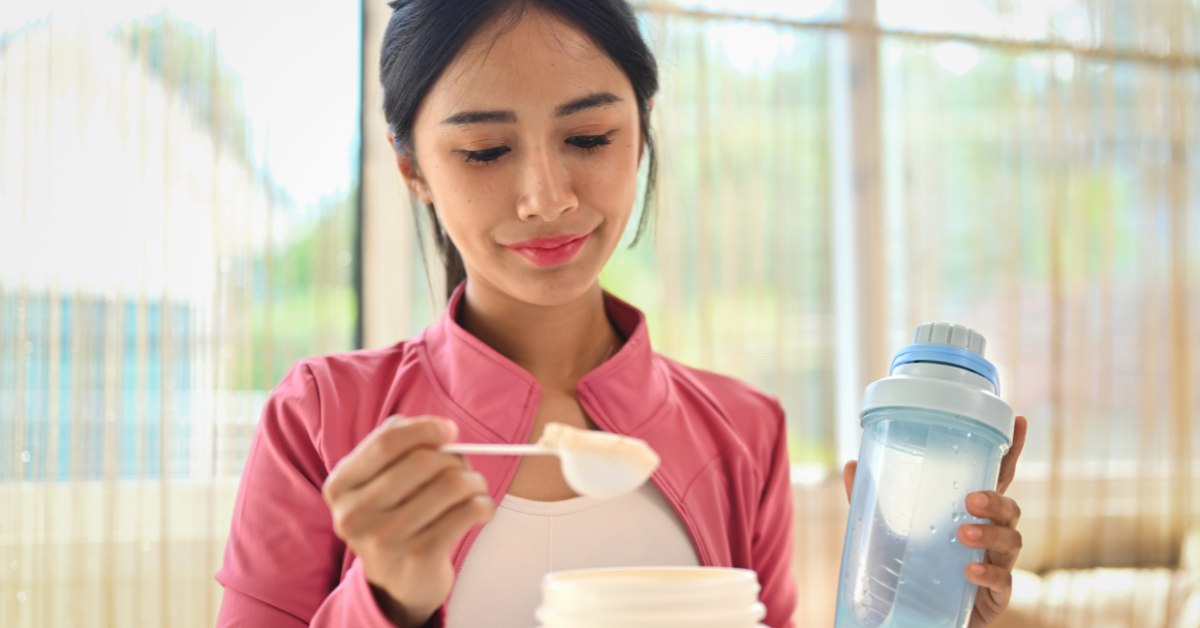
By Dr. Rachelle Viinberg, ND 2006
After many lockdowns and isolation, this back to school year can be more stressful than most. Parental burnout is a real thing, and it may be a while before we recover. For this reason, this article is not to preach about the dangers of screen time and horrors of sugar. We’re all just trying to do our best, and don’t need to feel any guilt that it’s not enough. Below are 3 tips that just might help
make our routine a little easier.
1. Dinners do not need to be perfect
Some nights there’s more time to prep a hot sit down dinner. But let's be honest, every time we cook the dishes mount. This goes for even the delivered meal kits. They all take dishes and can put you in the kitchen for an hour when time is already sparse.
If you do decide to go for the hot sit down dinner - this is for whoever needs to hear it. It’s ok to put those pots and pans in the dishwasher. It’s also ok to run the dishwasher twice to get them clean. Do what you have to do.
On days where cooking just seem like an impossible task, here are some options. They take less prep, less dishes, and less time spent on medial tasks.
- Cheese and crackers with veggies and dip
- Grilled cheese sandwich and veggies
- Fruit salad and yogurt with granola on top
- French toast and berries
- Previously batched cooked soup (from frozen)
- Crackers with nut butter and fruit on the side
- Scrambled eggs, toast and fruit
- English muffin “pizzas” (english muffin, tomato sauce, cheese, and toppings of choice in toaster oven) with veggies on the side
- Toast with nut butter and a smoothie
Pro-tip: if your kids leave fruit on the their plates or uneaten in their lunch box - throw it in a freezer bag and serve it back to them as a smoothie. It’s brilliant and prevents waste. They also have no idea.
2. Get active: Enrolling in sports vs free play
Your kids do not need to be in a ton of sports to thrive. This is particularly true with the young ones. It’s easy to over book your child in structured sports. The additional time crunch, commute, and scheduling can make life more chaotic - especially with multiple kids in different sports. Of course if this is your child’s passion and they are enjoying it - then embrace it. Some sports like gymnastics and figure skating require early specialization and the time/dedication is needed.
However, if you have young kids, then incorporating free play is not only easier but also important for their development. It can help their physical, emotional, cognitive and social well being. Running in the field with friends, using their imagination, and being in the open air will have a positive effect on all aspects of their development. Play dates are fantastic for this, as parental supervision can be rotated.
3. Keep their immune systems strong
The last thing we want is for our kids to miss weeks of school. For the very young kids that have spent half their lives at home during a pandemic, it may be inevitable. Every kid needs to go through this as their immune systems are developing. It usually happens with the first year or two in a group setting like day care or kindergarten. Please understand that this is normal and considered a right of passage (in the absence of a known medical condition). Eventually it does get better.
In the mean time, there are a few things we can do to support their immune systems. The most important is lifestyle factors like adequate sleep, lots of fruit and veggies, sufficient protein, healthy fats and plenty of exercise. However, as we all know kids can be picky. To ensure all nutrient needs are being met, there
are a few immune supporting supplements that can help:

Probiotics: These friendly bacteria comprise 80% of our immune system, and are clinically proven to minimize colds and flu frequency and duration. Note that the quality of probiotic supplements vary greatly and there are different requirements/strains based on age.

Zinc: Required by the body for many important processes, from metabolism to protein synthesis and wound healing. It is also crucial for proper immune function. Zinc can be found in dietary sources such as meat and shellfish, legumes and whole grains however, it is less efficiently absorbed in plant-based sources.
Vitamin C: A known immune health booster, for good reason: it is a powerful antioxidant that helps protect the body from the damaging effects of free radicals, and also encourages the production of white blood cells, a key part of the body’s defence against infection.
Vitamin D: Being in a northern climate, our UV exposure is suboptimal in the winter months. Supplementing with vitamin D has numerous benefits including boosting immunity, brain and nervous system health, regulating blood sugars, maintaining healthy bones and teeth, and may even help in preventing cancer.
In summary, we are all doing our best. Be kind to yourself, and know it’s ok to not be perfect. For many, it will be a while before we recover from the trauma of this pandemic. It was devastating to some families - depending on their circumstances. Just remember that we are officially on the other side, and full recovery is in our future.
Holistic guidance
For further immune support, Dr. Kristy Lewis, ND and associates are happy to guide you in your health goals. Lifestyle, nutrition, stress management, a detailed blood work analysis, and targeted supplements can help you attain your best self. Learn more: https://drkristylewis.ca/services/
Disclaimer: This information is for educational purposes only, and does not substitute professional medical advice or consultations with healthcare professionals. Medications and various diagnoses need to be properly evaluated by a healthcare professional before incorporating any supplementation.



Leave a comment (all fields required)